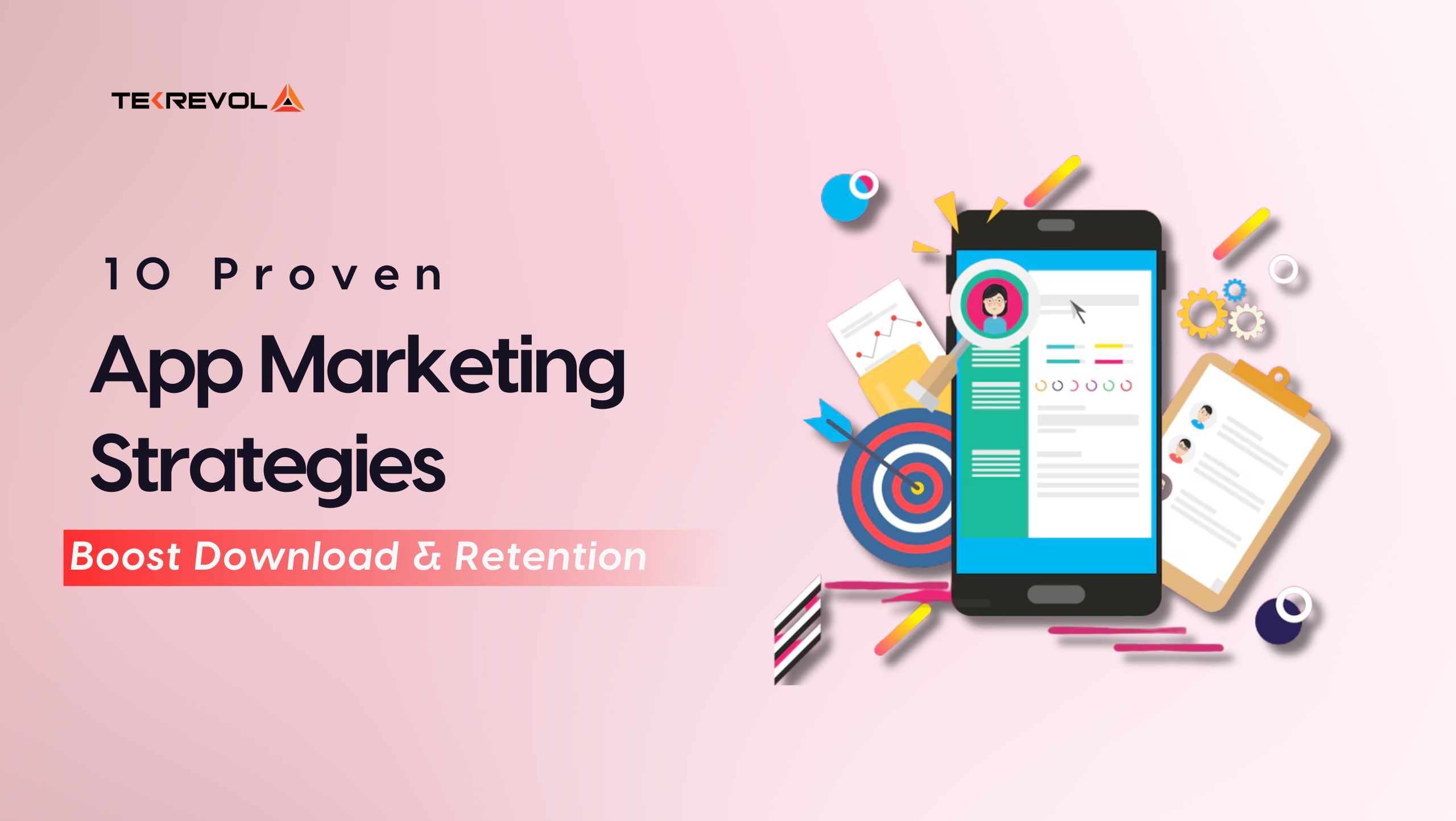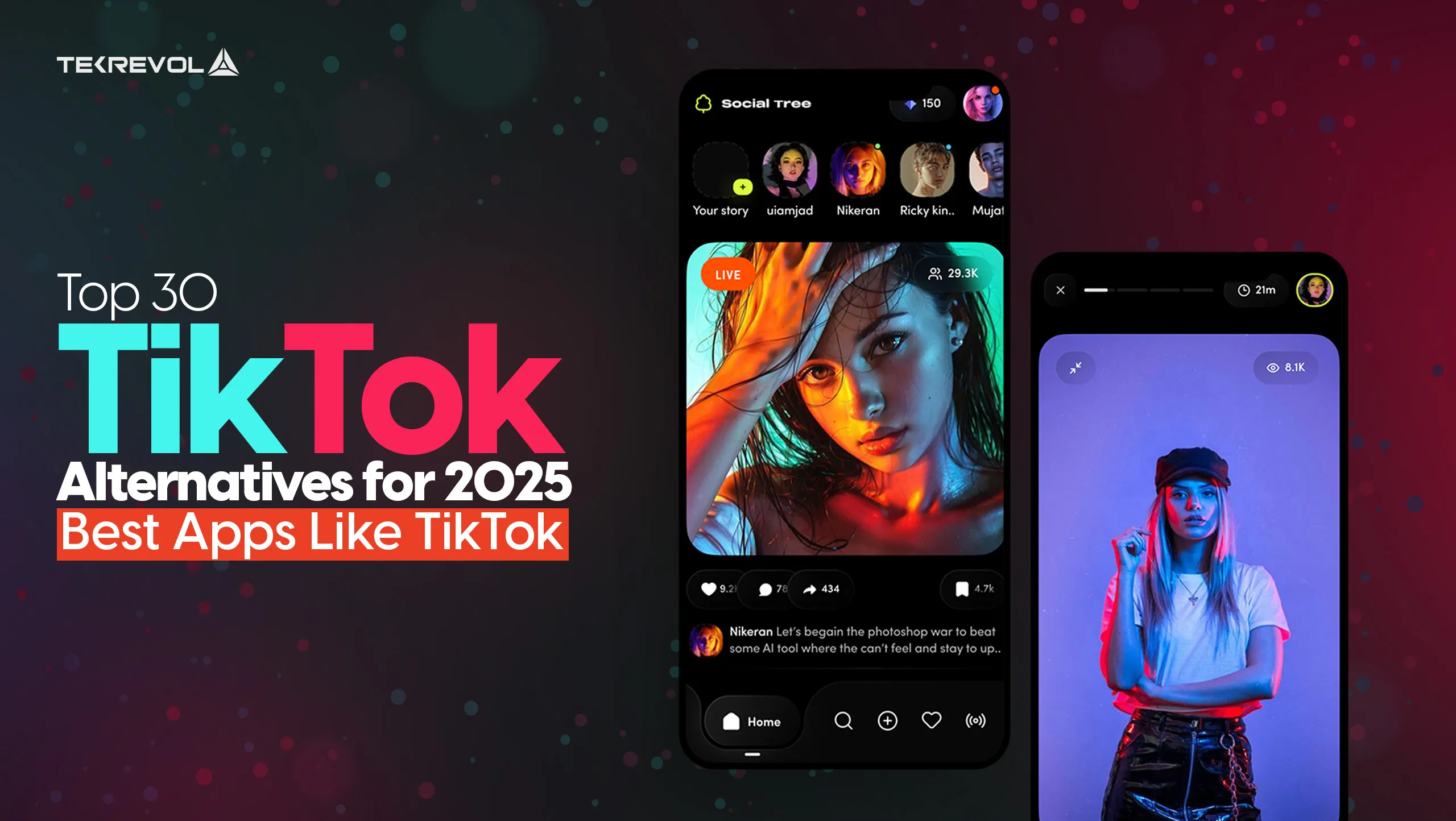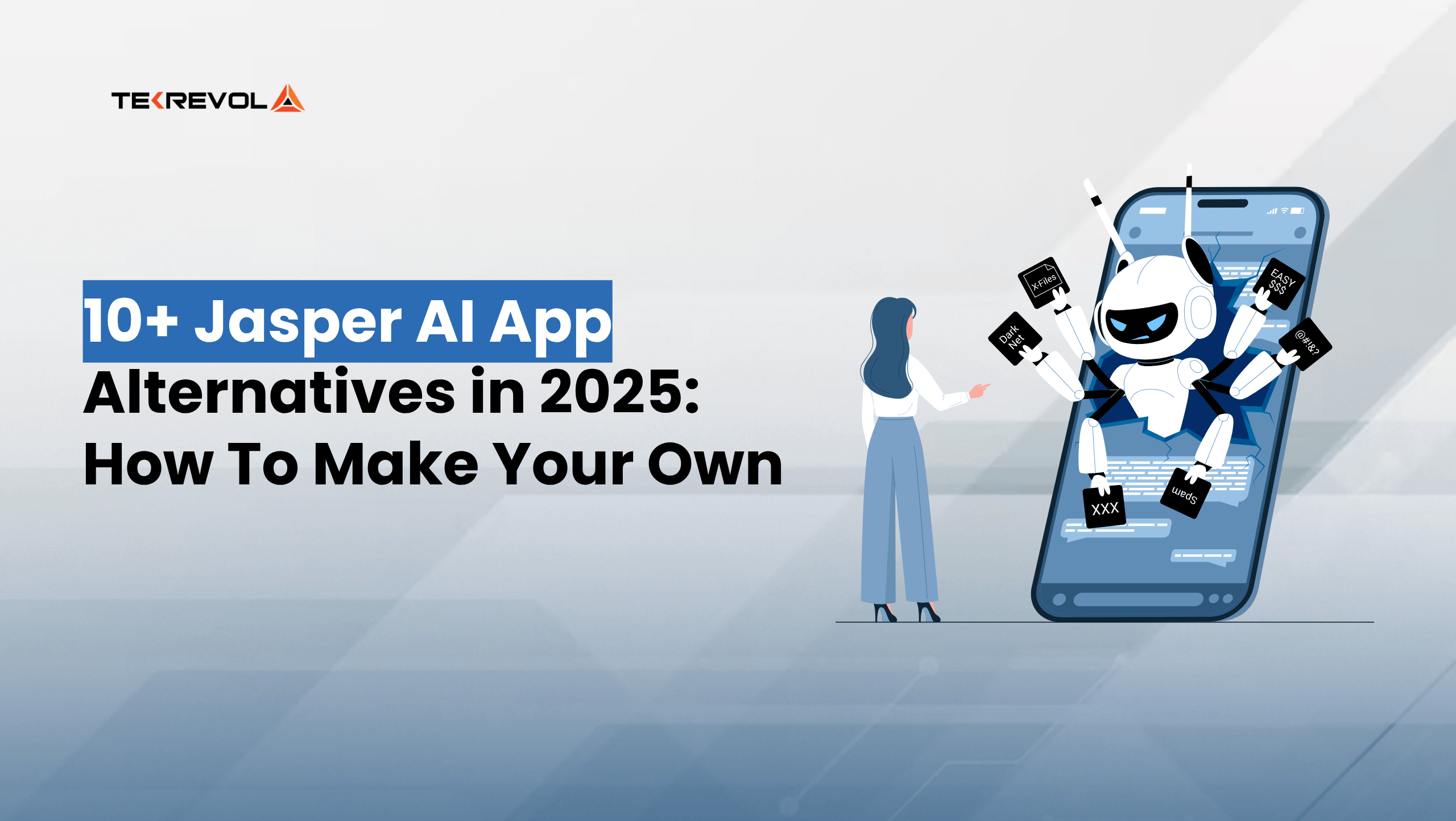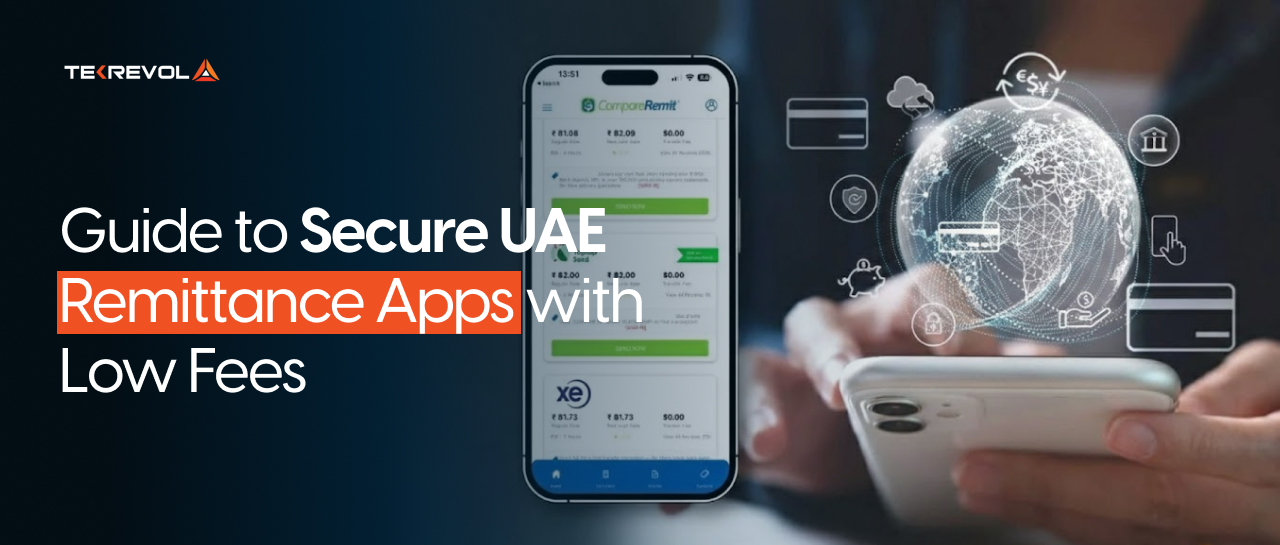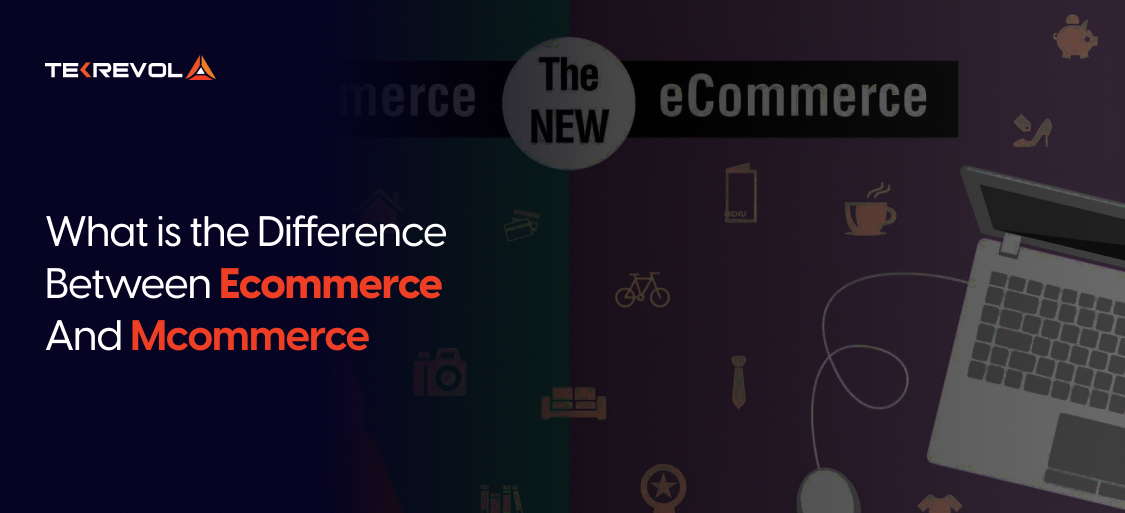Making an app is one thing but introducing it to people and convincing them to use it is a whole new game. With millions of apps competing for attention, you need smart app marketing strategies to cut through the noise.
A solid mobile app marketing strategy not only increases downloads but also helps retain users and build trust. From free app marketing strategies to learning from real mobile app marketing examples, choosing the right approach can determine your app’s success.
In this guide, we’ll break down top app marketing strategies with recommended tools and provide insights into marketing for apps that can help transform visibility into real success. Let’s get started.
What Do You Mean By App Marketing?
App marketing is the process of promoting your mobile app to reach, attract, and retain users. It’s not just about getting downloads; it’s about building awareness to drive engagement and long-term loyalty.
Successful app marketing strategies blend creative storytelling with performance-driven tactics. Spotify uses personalized recommendations as part of its mobile app marketing strategy, while Duolingo relies on gamification to keep users coming back.
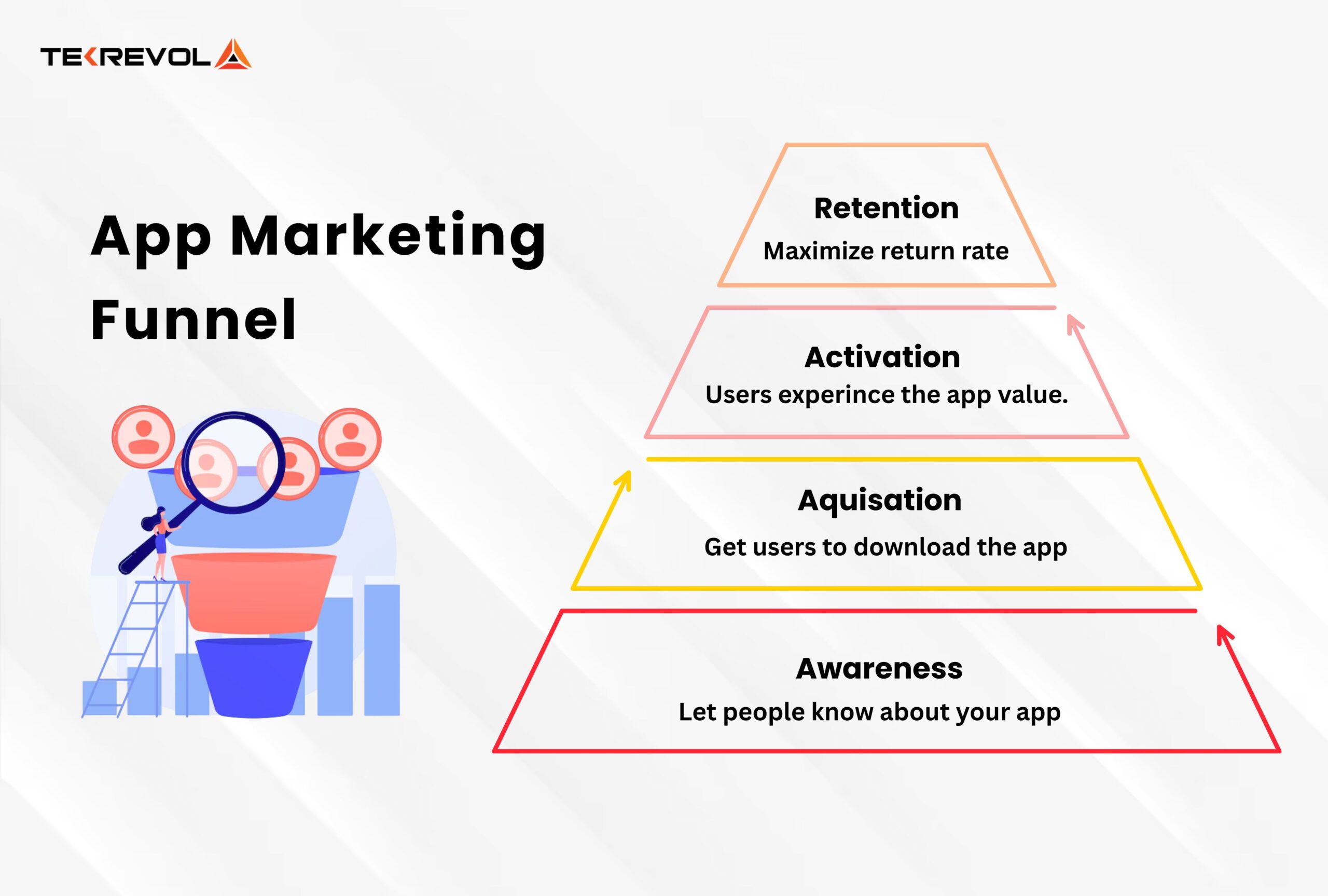
Why You Need App Marketing in 2026?
Launching an app in 2026 is not the hardest step. Getting people to care about it is. That is where effective app marketing strategies become essential. With millions of apps competing for attention, you need more than just a great product; you need a clear plan to build awareness and long-term loyalty.
Instead of relying only on ads or app store optimization, a modern mobile app marketing strategy focuses on the entire user journey from discovery and download to engagement and retention. By exploring free app marketing strategies or utilizing mobile app marketing tools, you can shape a campaign that connects with the right audience.
The competition is tougher than ever. Apple App Store stats show that it has nearly 2 million apps, while Google Play hosts almost 4 million. In 2024, users downloaded over 257 billion apps (Statista). Yet only about 4% stayed active after the first month. This shows why app marketing is critical to deliver value and build real connections.
Tired of seeing great apps get lost in the crowd?
Tekrevol builds powerful app marketing strategies that drive downloads and loyalty.
Let's ConnectHow to Market An App? [Top App Marketing Strategies]
Marketing an app in 2026 is more than ads and luck; it requires clear app marketing strategies designed for discovery, conversion, and retention. With millions of apps in stores, visibility is everything.
Stats reveal that people download 8 to 10 apps monthly but actively use only 3. That’s why you need the best app marketing strategies to make your app stand out. To help you assist here, below are the top app marketing strategies that attract the right users and keep them.
1. App Store Optimization (ASO)
If your app can’t be found, it won’t be downloaded. That’s where App Store Optimization comes in. It works as an SEO for your app.
It’s one of the most effective top app marketing strategies for startups that boost visibility and drive organic installs without burning your ad budget. Apps that invest in ASO see average conversion rates of 27% on Google Play and 25% on the App Store.
With millions of apps out there, every detail counts. The following small tweaks can lead to big results and go a long way:
- Optimize your title, keywords, screenshots, or reviews
- Use high-quality screenshots
- Conduct an A/B test on icons to see what drives more clicks
- Localize your listing for each region you target
Great ASO when it aligns closely with proven search engine optimization strategies that boost organic traffic and app visibility.
2. Content Marketing
Helpful content builds trust and brings in traffic. Whether it’s a blog post comparing the best budgeting apps or a downloadable top mobile app marketing strategies PDF, content can pull in high-intent users organically.
According to DemandMetric, content marketing generates 3x more leads than paid ads, at 62% less cost.
Not bad for your ROI, right?
3. Email Marketing
Email is far from dead; it’s your secret retention weapon. Onboarding sequences, push-back emails for churned users, or early access campaigns all keep your users engaged.
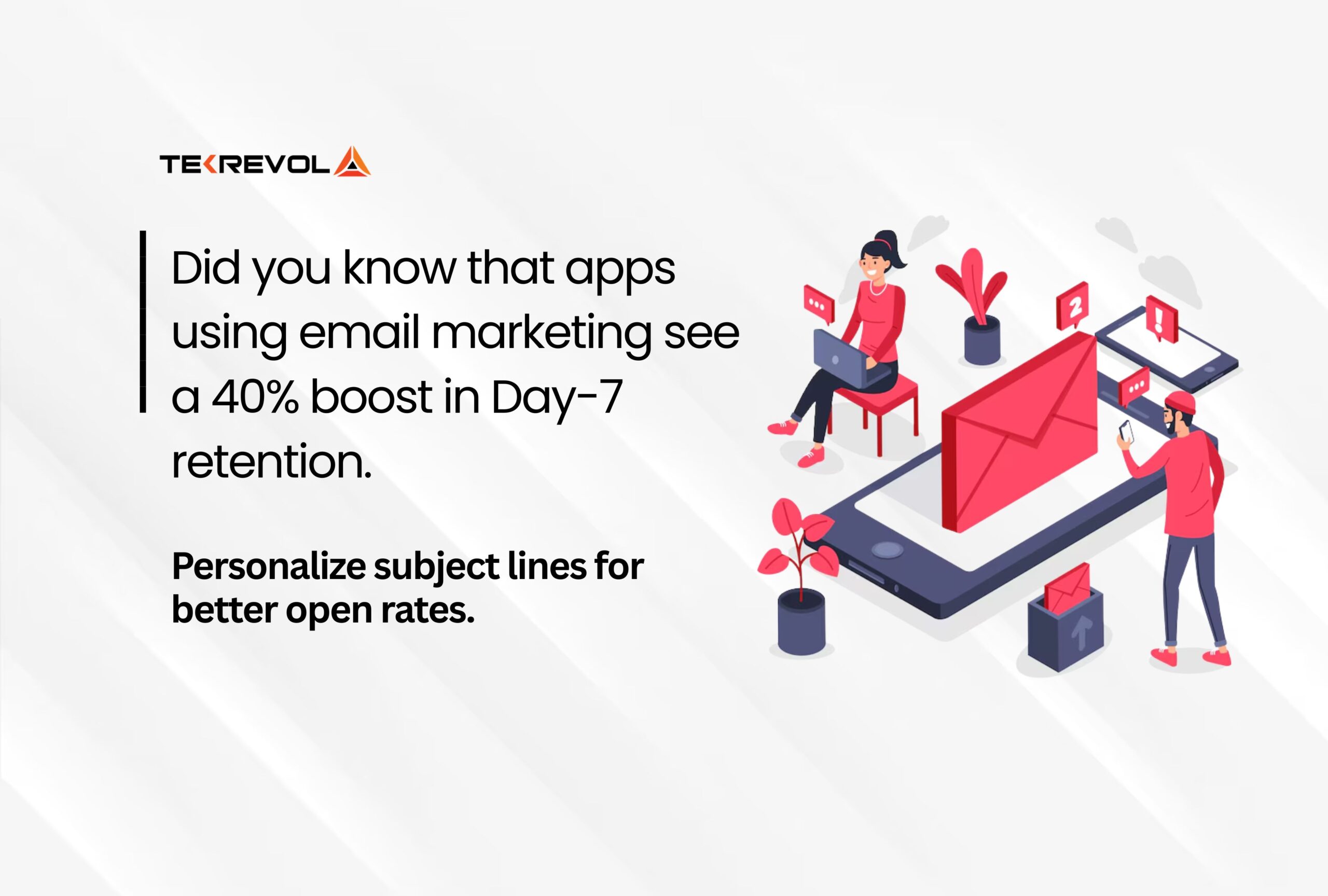
Want email marketing for apps work for you?
Start by segmenting your users based on their behavior, like what they do in your app, not just who they are.
Then craft personal, punchy, and mobile-friendly email copy. No one wants to scroll through a novel on their phone.
4. Create a Highly Converting Landing Page
Remember, before users hit ‘download,’ many will Google your app.
So, create a well-optimized page and populate it with compelling visuals, short forms, and a focused message. Believe it can make a huge difference, as most landing pages convert at around 9.7%.
Want more installs? Make sure you’ve got a dedicated landing page that highlights what makes your app worth downloading. Each section should clearly show the value.
Use a quick demo video and real user testimonials to build trust and credibility. A strong landing page works hand in hand with a digital marketing agency to improve online visibility and attract the right audience. When everything comes together strategically, you’ll be surprised how quickly those conversions start to rise.
5. Capitalize on Social Media Marketing
No top app marketing strategies Reddit thread is complete without social media marketing, aka SMM.
Platforms like TikTok, Instagram, and LinkedIn aren’t just time-killers. They are some of the most powerful discovery tools in your app marketing strategy. Users are already scrolling, searching, and sharing. Your app just needs to show up at the right moment.
In fact, 54% of users discover new products through social media, according to a recent report by HubSpot. It is more than half your potential audience waiting to be reached.
So, either through trending Reels, sharing some behind-the-scenes Stories, or posting leadership quotes, social media is where app discovery starts in 2026.
6. Create Engaging Videos
Videos sell. Period. You experienced it yourself when you got lost in a behind-the-scenes teaser or a 15-second app demo while scrolling on your phone.
Reason? High-quality motion grabs attention quickly.
A 2026 study by Wyzowl shows 88% of users are more likely to download an app after watching a video. And remember, videos can double as App Store previews and social ads.
6. Hire Micro-Influencers
Influencer marketing isn’t new, but it’s rapidly evolving as the top app marketing strategies. As per the Digital Marketing Influence 2026 report, campaigns with micro-influencers saw 60% more engagement and 34% lower CPIs than standard ads.
Big-name celebs might have the reach, but micro-influencers with 10k to 100k followers often have the impact. They’re trusted, relatable, and way more affordable.
Work with creators who already speak to your target audience. Influencers can help you tap into niche communities and build early momentum, especially for apps in music and education, where content creators drive real engagement.
7. Run Scalable Influencer Marketing Campaigns
And when it comes to user-generated content (UGC), nothing beats authenticity. According to Meta, apps using influencer UGC across TikTok and Instagram saw 2x the download rate compared to standard branded creatives.
The key? Relevance.
Don’t overthink the content. Let it feel real. User-generated content (UGC) builds trust.
Pair that with tailored paid ad campaigns based on user personas. Align them with industry‑specific features found in apps for e-commerce or retail platforms to significantly boost installation and retention rates.
9. Cross-Promote With Other Apps
Already have a user base, whether from another app, a newsletter, or even a loyal user base? Use it. Many apps lower their CPI by up to 30% and speed up user growth by pairing cross-promotion with launch offers or loyalty perks.
Promoting your new app to people who already trust your brand gives you a running start and expands reach. Let’s say that a logistics platform might partner with on‑demand delivery services for mutual growth and bundled features.
10. Launch a Referral Program
People trust people.
Referral programs turn users into marketers, and it works like a charm. Dropbox grew 3900% in 15 months thanks to referrals, and modern apps still follow this playbook.
According to Nielsen, people who come through referrals are 4x more likely to convert and 3x more likely to stick around. Why? Because they trust the person who sent them.
Pro tip: Make it a win-win. Offer your users a double-sided reward like “Give $10, get $10” to boost participation and keep both sides happy.

How to Create an Effective Mobile App Marketing Strategy?
The process of marketing for apps starts with the target audience identification. Then comes promotion, where you share a value proposition on platforms like social media, in search results, and inside the app stores.
Reviewing app marketing strategies examples and testing different app marketing tools helps you refine what works best. Some brands even create an app marketing strategies PDF to align teams and track progress effectively.
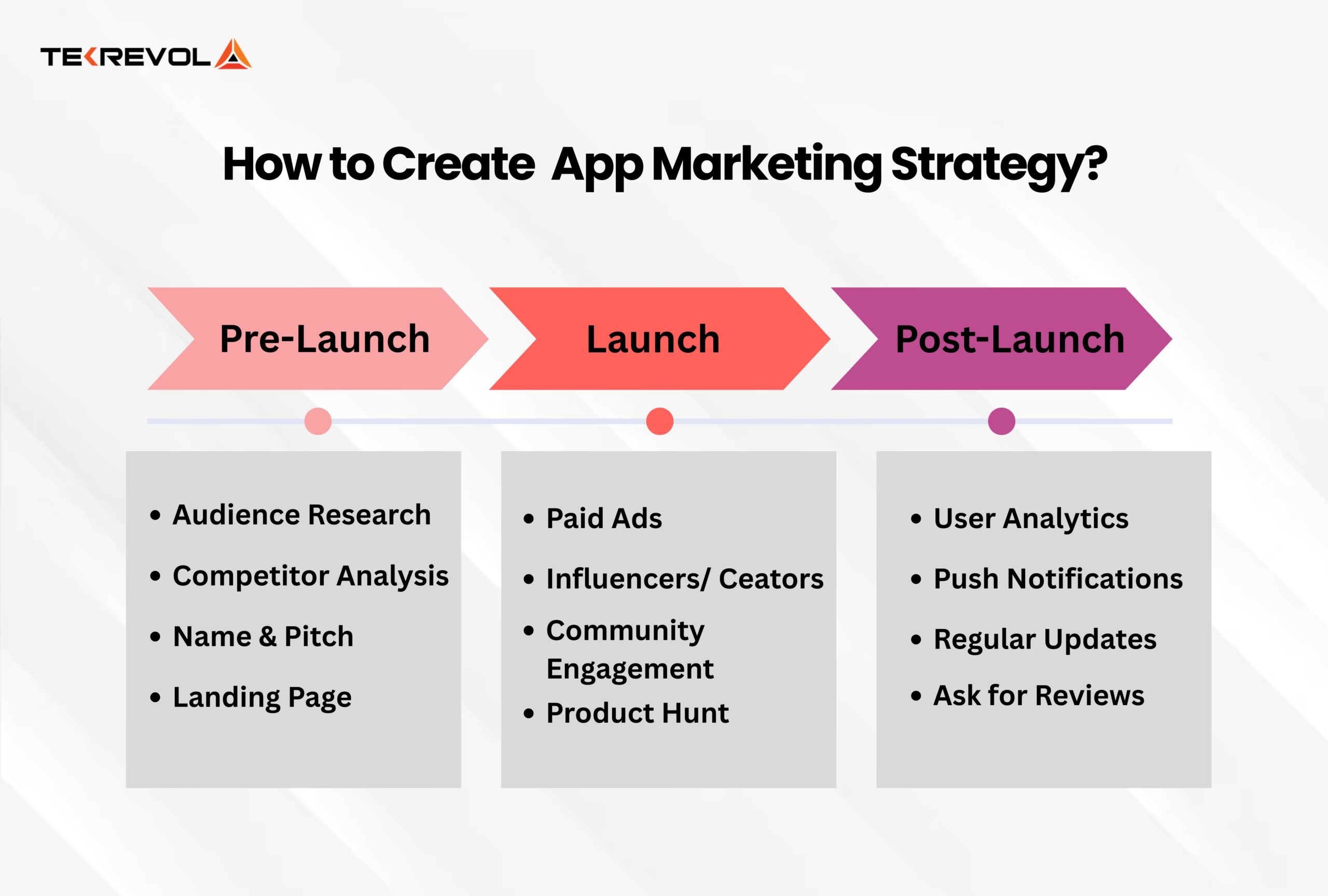
However, to make a lasting impact, you need a full-funnel strategy. Around 70% of apps fail to get noticed, often because their marketing starts too late or lacks structure. An effective marketing for apps approach is user-focused, covers every stage: pre-launch, launch, and post-launch.
Here’s a simple step-by-step roadmap to help you build a solid app marketing strategy:
1st Stage: Pre-Launch
First things first! Know your audience. Who will use your app? And why should they care? Spend time digging into what people are searching for and how similar apps are positioning themselves.
Get your basics ready early: your app’s name, a few polished screenshots, and a short pitch. These small things will save you a ton of last-minute stress.
Even setting up a simple landing page or a waitlist can go a long way. It gives early users a reason to follow along and something to get excited about.
Start talking about your app post on social media, reach out to people, or send a quick teaser to your email list. If you can afford it, try Product Hunt or Digital PR. They take work, but can drive real visibility. It’s awkward at first, but it helps when the big day comes.
2nd Stage: Launch to Create Momentum
Your app’s in the store now, what? Just hitting “submit” isn’t enough. You’ve got to push it out into the world.
Paid ads help (Google, TikTok, Meta, whatever fits your budget), but it’s not all about money. Scaling visibility with search engine marketing services helps apps reach high-intent users instantly while balancing organic growth strategies.
Reach out to influencers in your space. Or join communities where your users already hang out. Even participating in a discussion on Reddit or other niche forums can make a difference. Don’t be quiet. Momentum matters right now.
3rd Stage: Post-Launch
The role of top app marketing strategies does not end with the launch or getting the app downloaded. The aim is to keep users coming back.
Once your app’s out there, watch how people use it. Are they dropping off at onboarding? Are they even opening it a second time? Tools like Mixpanel or Firebase can help make sense of it.
Then?
- Use that info to send a reminder, fix what’s not working, and improve what is.
- Updates, push notifications, and little improvements they all show users you’re still there.
- And don’t forget to ask for reviews (nicely). Referrals, ratings, and word of mouth go a long way once you’ve got even a small base.
Pro Tip: Many brands try to scale before validating their product-market fit. Don’t be that founder. Start small, test fast, and adapt.
Need help crafting a launch marketing for apps that doesn’t waste your budget? Our guide on MVP vs Full Product Launch helps you understand which strategy works best.
How Much Does It Cost to Market an App in 2026?
The cost of marketing an app varies greatly based on your strategy, target regions, and channels. App marketing for start-ups can cost $5K/month, while enterprises often spend over $100K/month.
Estimated Marketing Costs by Stage
Whether you’re a startup aiming for 10K installs or an enterprise scaling globally, here’s how marketing for apps costs:
| Stage | Cost Range in USD | Includes |
| Early-Stage | $5,000 to $25,000 | ASO, organic reach, light influencer outreach |
| Growth-Stage | $30,000 to $100,000 | Paid campaigns, retargeting, and CRM setup |
| Enterprise | $100,000 to $500,000+ | Full-funnel strategy, creative production, omnichannel scaling |
iOS vs Android: Platform-Specific Costs
Marketing your app on iOS or Android isn’t just a design decision; it is a budget call. In 2026, the average Cost Per Install (CPI) sits around $1.22 for Android and climbs up to $3.74 for iOS.
So, what’s the tradeoff?
While iOS users cost more to acquire, they also stick around and spend more in-app. Comparatively, Android offers cheaper installs, but you may need to work harder on retention and monetization.
Pro Tip: If you’re launching on a tight budget, Android lets you test the waters. For apps with strong monetization or subscription models, iOS could be worth the premium.
Estimated App Marketing Costs by Category
The CPI varies widely based on category; finance apps can see CPIs as high as $4–$7, while casual games average around $0.30–$0.50. Here’s a rough breakdown:
| App Type | Monthly Cost Range | Platform | Notes |
| Basic Utility | $1,000 – $3,000 | Android | Lower CPI, focus on ASO |
| Fintech or SaaS | $5,000 – $15,000 | Both | Requires PR, influencer, and PPC |
| Gaming / Social | $10,000 – $50,000 | iOS | High competition, creative-heavy |
CPI Benchmarks by Region (2026)
As per Unity, the average CPI (Cost Per Install) by region in 2026 is:
- $1.20 in North America
- $0.85 in Western Europe
- $0.15–$0.25 in Southeast Asia

What App Marketing Tools Should You Use in 2026?
The successful implementation of top app marketing strategies runs on the right use of data, constant, and automation testing tools.
Analytics, A/B testing, and automation tools give you insights into what’s working, where users drop off, and how to optimize every touchpoint. They don’t just help you market smarter, but also to connect with users at the right time, in the right way.
So, whether you’re prepping for launch or looking to scale fast, here is a list of go-to tools organized by what they do best to help you drive installs, engagement, and ROI.
| Category | Tool | Core Features | Best For |
| ASO | AppTweak | Keyword research, ASO insights, competitor tracking | App Store visibility & rankings |
| Sensor Tower | Market intelligence, keyword trends, competitor benchmarking | Strategic app positioning | |
| SplitMetrics | A/B testing for creatives, app store experiments | Optimizing conversion rates | |
| Push Notifications | OneSignal | Real-time push for web, app, email & SMS | Re-engaging inactive users |
| Airship | Enterprise-level messaging orchestration | Cross-channel campaigns | |
| CleverTap | Personalized push, in-app, and omnichannel notifications | Lifecycle engagement | |
| Analytics | AppsFlyer | Attribution tracking, uninstall analysis, revenue insights | Campaign performance measurement |
| Adjust | Fraud prevention, deep linking, and advanced attribution | Ad budget optimization | |
| Mixpanel | Product analytics, funnel tracking, and retention metrics | Understanding user behavior | |
| CRM & Engagement | Braze | Segmentation, automation, multi-channel engagement | Long-term user engagement |
| Leanplum | A/B testing, personalization, and mobile CRM | Real-time customer journey mapping | |
| CleverTap | Advanced segmentation, engagement analytics, and campaign automation | Retention and reactivation |
Note: For startups that don’t have in-house experts, partnering with professional social media marketing services ensures campaigns are timely, relevant, and aligned with audience behavior.
Why Choose TekRevol as Your App Marketing Agency?
At TekRevol, we’re your growth partner, from day one to download 10 million. We help you do more than launch an app. Our expert mobile app marketing strategy guides you through building momentum, reaching the right users, and keeping them engaged for the long haul.
What makes us a reliable mobile app development company?
- Proven Track Record: We’ve launched 100+ apps across fintech, healthcare, and eCommerce with real growth, not vanity metrics.
- Tailored Growth Plans: Your app isn’t cookie-cutter, so neither is your strategy. We build around your niche, budget, and user behavior.
- Full-Funnel Expertise: From ASO and influencer campaigns to lifecycle emails and CRM flows, we connect every dot.
- Creative That Converts: Our in-house design and content team crafts visuals, landing pages, and onboarding flows that turn interest into installs.
Whether you’re looking to boost visibility, improve retention, or drive serious ROI, we craft top app marketing strategies that work in crowded app stores.


